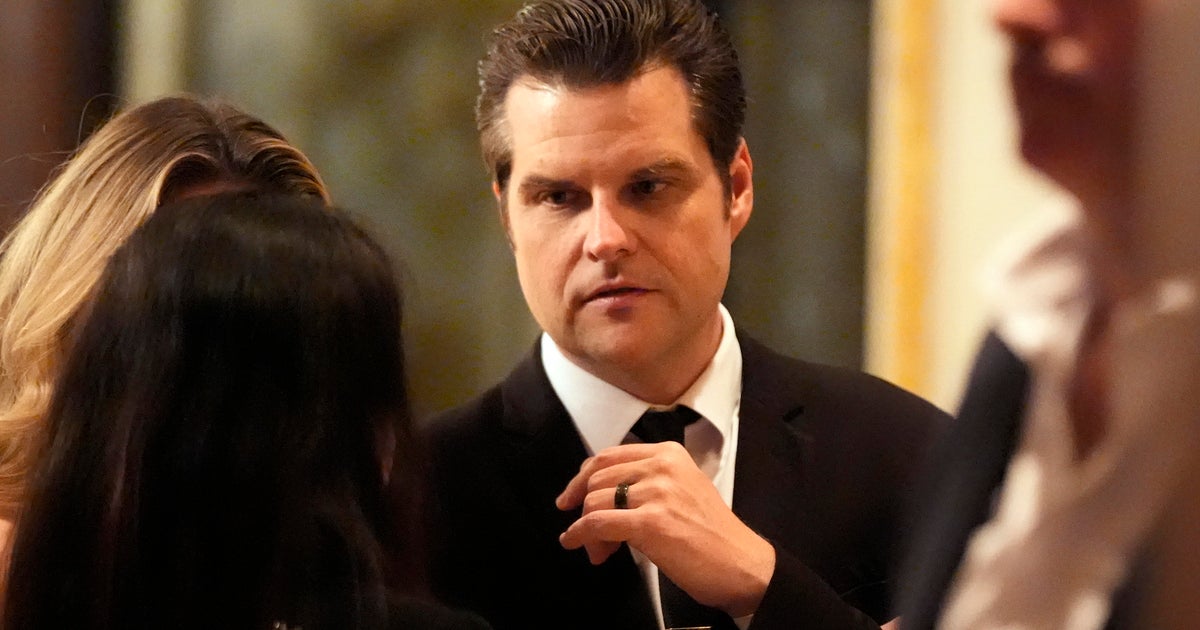Cuba says "no evidence" Americans have been attacked
Cuban Foreign Minister Bruno Rodriguez said Thursday that his government has found "no evidence whatsoever" to back up U.S. claims that American personnel have been subjected to attacks in Havana.
Rodriguez pressed that Cuba can "categorically affirm" there has not been any kind of attack, based on the Cuban investigation led by "top levels" of the government and what the country has seen of the U.S. investigation.
CBS News has reported that numerous American staffers at the U.S. embassy have been subjected to mysterious attacks. The staffers said they heard loud, strange bizarre before falling ill, prompting speculation that they were targeted by sonic devices.
Rodriguez claims that those who say attacks are causing these health problems are "deliberately lying." He believes the correlation is being made as a pretext for the Trump administration to pursue a political objective of reversing the thaw in U.S.-Cuba relations, which began under the Obama administration.
The Foreign Minister discussed this viewpoint in "fruitful" meetings with more than 10 lawmakers on Capitol Hill yet during visit to Washington, D.C. He did not have any meetings with Trump administration officials or with his counterpart, Secretary Rex Tillerson, at the State Department.
The U.S. government has undertaken an invitation into the incidents of 24 victims, a number that has been increasing over the past few months. Yet the investigation, led by the FBI, was not launched until months after the incidents were reported to the State Department.
Rodriquez questioned the timing and the information that has been shared.
"This is a very sensitive issue and the U.S. government takes four month to send its specialized agencies to Cuba. What is the reason for that?" Rodriquez said. "Why were we given audio samples which were technically alternated, manipulated, did not comply with international and US standards and are therefore of no value to the investigation?"
While Cuba says they are open to cooperation, Rodriquez criticized the U.S. for not sharing enough information with Cuban authorities. He described the information the U.S has shared with Cuban authorities as "very limited" and said the medical information that has been supplied to the Cubans has been too general. He also noted that U.S. authorities requested 212 visas for friends and relatives from January to October of this year.
Cuba has not revealed any findings of its own investigation or said that they have cleared the places where the alleged incidents happened, such as Hotel Capri or Hotel Nacional.
Cuba views these incidents as a "serious setback" in bilateral relations with the U.S. In September, the U.S. cut its embassy staff in Havana by 60 percent and expelled 15 Cuban diplomats a few days later. Secretary of State said the moves resulted from "Cuba's failure to take appropriate steps to protect our diplomats."
Last month, the Cuban government offered a similar denial of the attacks. At that time the State Department said the denial would not impact its actions.
"We are continuing our investigation into the attacks, and the Cuban government has told us they will continue their efforts as well," said a State Department official.



